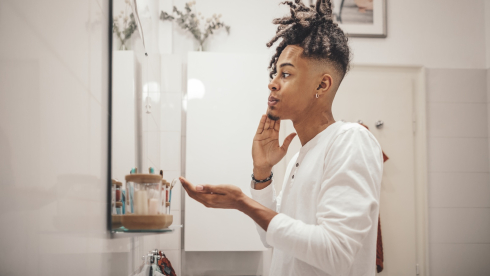In what ways do you feel that Black women are particularly vulnerable?
We've been talking about the perception that Black women can't really be harmed, that we don't experience pain, that our feelings can't be hurt. There is a historical perspective for this idea that Black women are able to endure more pain and suffering. Part of that is that people need us to be that way—they need for us to not feel as much pain, so that they can make use of us. For example, Black women were experimented on gynecologically. That's how gynecology came about. The father of gynecology, [Marion Sims,] experimented on one particular slave more than 30 times without anesthesia, the slave Anarcha, and he justified it by saying that Black enslaved women don't experience the same kind of pain as White women.
We also see examples of it with Black women who have been domestics: They can work 16 or 18 hours a day for other people, they can leave their children behind, they're used to it, this is what they do. And this idea of the strong Black women, we can take anything that comes at us, we can still do it with a smile on our faces.
We have not been given the opportunity to express the pain that we feel. What happens when we're walking down the street is that people will harass us and see us as being both women and also Black, and they understand that nobody gives a shit about us. The police won't help us. A lot of our men won't stick up for us, unfortunately. People know this. We are the women who they can take these things out on. They can sexually harass us, they can rape us, and who's going to believe the word of a Black woman? I've had conversations with White women who have said, "I've had guys say, 'Hey sexy' to me, and that's as far as it's gone. But I've seen Black women get harassed, and it's worse. It's been, 'Hey bitch', and grabbing, and I just don't understand why Black women get it worse than we do." It's because they know that nobody is going to stick up for Black women.













